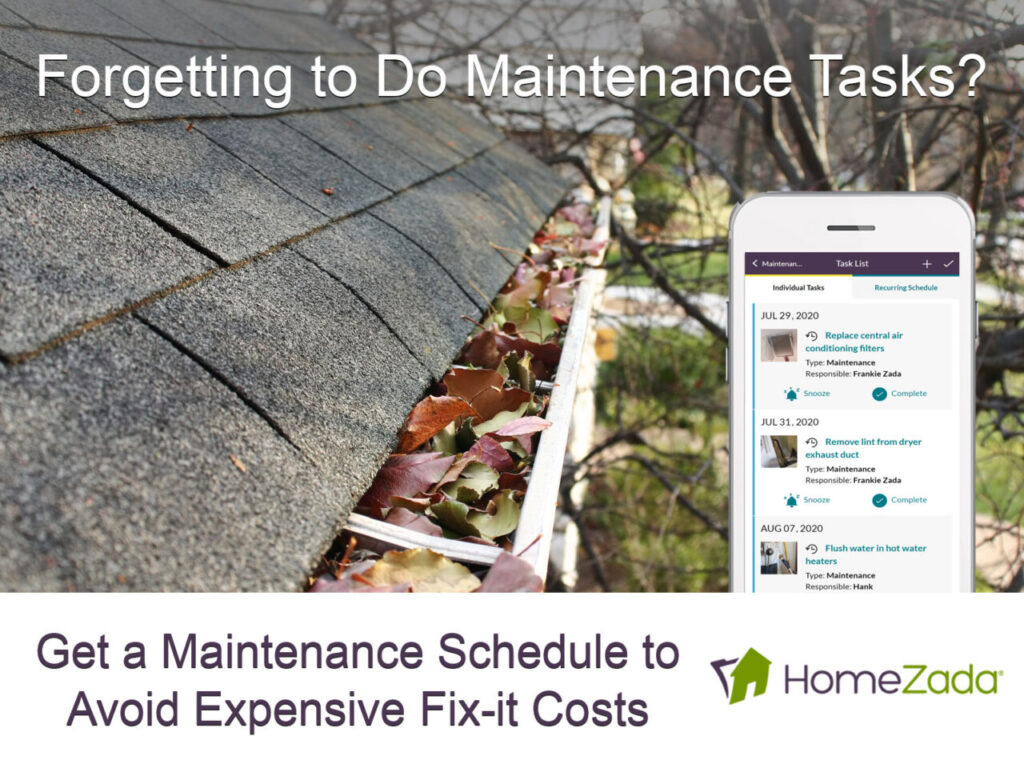
As a homeowner, it’s important to have a plan for managing your home maintenance budget effectively. This is particularly true if you own multiple homes, as the cost of maintaining several properties can quickly add up.
Read on for some tips for managing your home maintenance budget effectively, whether you have one home or several.
1. Create a maintenance plan
The first step to managing your home maintenance budget effectively is to create a maintenance plan. This should include a schedule of regular maintenance tasks, (e.g.cleaning gutters, changing air filters, and checking for leaks.)
Your plan should also include a list of major projects that you will need done in the coming years. This includes things such as replacing the roof or updating the electrical system.
By planning ahead and scheduling regular maintenance tasks, you can avoid costly emergency repairs down the road.
2. Prioritize repairs
When it comes to home maintenance, not all repairs are created equal. Some repairs are urgent and need to be addressed immediately, while others can wait.
For example, a leaking roof is an urgent repair that you’ve got to do ASAP. Updating the landscaping, however, is a project that can wait until you have more funds available.
By prioritizing repairs and addressing the most urgent ones first, you can avoid further damage and save money in the long run.
3. Get multiple quotes
When it comes to major repairs or renovations, it’s important to get multiple quotes from different contractors. This will give you an idea of the average cost of the project and help you find the best deal.
Choose a licensed and insured contractor who has a good reputation. Don’t be tempted to choose the cheapest quote, as this can often result in shoddy workmanship and more repairs down the road.
4. Do it yourself
If you’re handy around the house, consider doing some of the maintenance and repairs yourself. This can save you money on labor costs and help you learn valuable skills that you can use in the future.
However, be sure to only take on projects that you feel comfortable with. Don’t attempt anything that could be dangerous or cause further damage.
5. Consider a home warranty
A home warranty can be a good investment for homeowners who want to protect their budget against unexpected repairs. This product is a service contract that covers the cost of repairs or replacements for major home systems and appliances, such as the HVAC system, plumbing, and refrigerator.
While a home warranty does come with an annual fee, it can save you money in the long run by covering the cost of repairs that would otherwise be out of pocket.
6. Set aside funds for emergencies
Even with a maintenance plan in place, unexpected repairs can still occur. That’s why it’s important to set aside funds for emergencies.
Set up a separate savings account specifically for home repairs and maintenance. This will help you avoid dipping into other funds or going into debt to pay for repairs.
In conclusion, managing your home maintenance budget effectively requires planning ahead, prioritizing repairs, getting multiple quotes, doing some repairs yourself, considering a home warranty, and setting aside funds for emergencies.
By following these tips, you can keep your home(s) in good condition while staying within your budget.
12 Tips to Optimize Your Smart Home Setup


